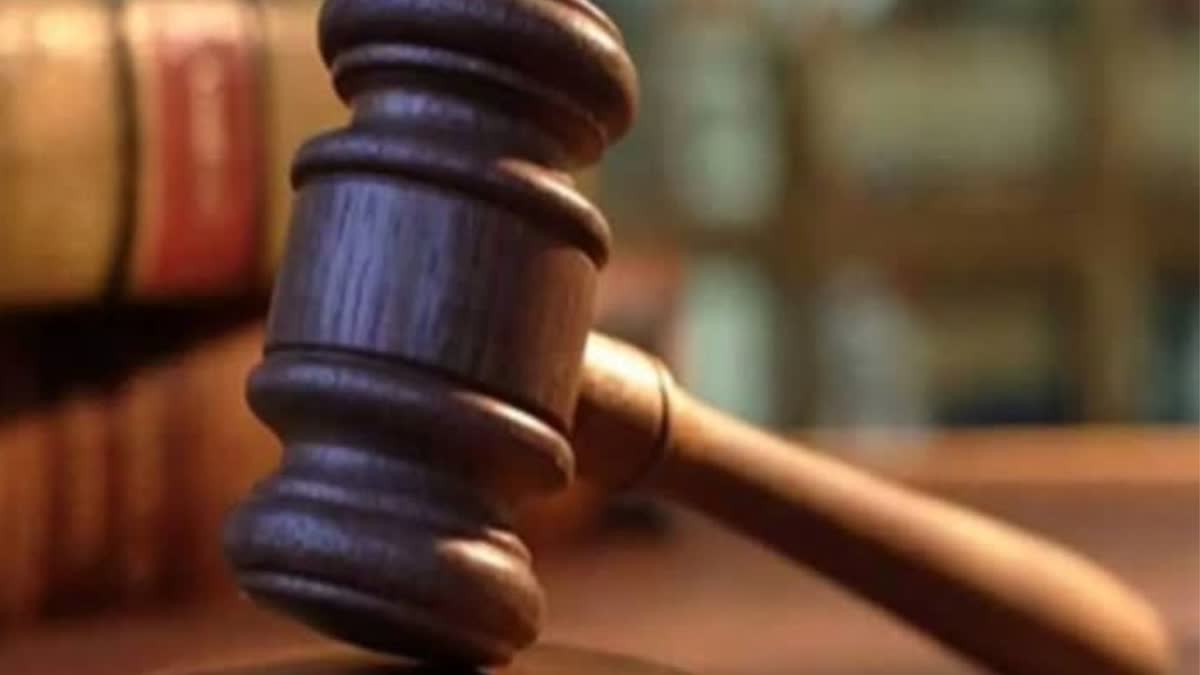New Delhi : The Supreme Court on Friday, while rejecting pleas for 100 percent VVPAT slip verification, said certain vested interest groups are endeavouring to undermine the achievements and accomplishments of the nation and there seems to be a concerted effort to discredit and weaken the progress of this great nation on every possible frontier.
Justice Dipankar Datta, who wrote a separate judgment, said he has no hesitation to accept the submission of senior counsel for the Election Commission of India that reverting to the “paper ballot system” of the bygone era, reveals the real intention of the petitioning association (Association of Democratic Reforms, the lead petitioner) to discredit the system of voting through the EVMs and thereby derail the electoral process that is underway, by creating unnecessary doubts in the minds of the electorate.
He said regressive measures to revert to paper ballots or any alternative to the EVMs that does not adequately safeguard the interests of Indian citizens have to be eschewed.
“It is of immediate relevance to note that in recent years, a trend has been fast developing of certain vested interest groups endeavouring to undermine the achievements and accomplishments of the nation, earned through the hard work and dedication of its sincere workforce. There seems to be a concerted effort to discredit, diminish, and weaken the progress of this great nation on every possible frontier”, said Justice Datta.
Justice Dutta said he has serious doubts as regards the bona fides of the petitioning association when it seeks a reversion to the old order. “Question of reverting to the ‘paper ballot system’, on facts and in the circumstances, does not and cannot arise. It is only improvements in the EVMs or even a better system that people would look forward to in the ensuing years”, he said.
He said even a small state like West Bengal is more densely populated than most European nations and any comparison of the nature which was sought to be drawn on behalf of the petitioning association with a particular European nation, may not be adequately representative since the demographic and logistical challenges in the conduct of elections in each country are unique to it. “Also, it was not demonstrated before the court that the machines put to use in the electoral system of such a nation are similar and what was said by its court applies ex proprio vigore to India”, he said.
Justice Datta said the exercise of tallying 5% VVPAT slips with votes cast by the electors has not, till date, resulted in any mismatch. “So long no mismatch is detected even after tallying 5% of VVPAT slips, as directed in N. Chandrababu Naidu (supra), it would defy the sense of logic and reason of a prudent man to issue a Mandamus to the ECI to arrange for tallying 100% VVPAT slips on the specious ground of the petitioners’ apprehension that the EVMs could be manipulated”, he said.
The apex court said the suspicion that the EVMs can be configured/manipulated for repeated or wrong recording of vote(s) to favour a particular candidate should be rejected.
Citing a report, which was relied upon by ADR, Justice Datta said the report itself concludes that no hacking of any EVM has been detected, and what it observes is that there is no guarantee that the EVMs cannot be hacked. “This, in essence captures the underlying weakness in the petitioning association’s entire case, inasmuch as the only grounds for the reliefs sought lie in the realm of apprehension and suspicion”, said Justice Dutta.
In connection with ADR’s reliance on a private survey, concluding a majority of the Indian population did not trust the EVMs, Justice Datta said: “It is a private report and I find little reason to trust such a report. Over the years, more and more voters have participated in the election process. Had the voters any doubt regarding the efficacy of the EVMs, I wonder whether the voting percentage would have seen such increase”.
He said this court cannot allow the entire process of the underway general elections to be called into question and upended on mere apprehension and speculation of the petitioners. “The petitioners have neither been able to demonstrate how the use of EVMs in elections violates the principle of free and fair elections; nor have they been able to establish a fundamental right to 100% VVPAT slips tallying with the votes cast”, he said.
Justice Datta said reverting to the paper ballot system and burdening the ECI with the onerous task of 100% VVPAT slips tallying would be a folly when the challenges faced in conducting the elections are of such gargantuan scale.
He observed that while maintaining a balanced perspective is crucial in evaluating systems or institutions, blindly distrusting any aspect of the system can breed unwarranted scepticism and impede progress.
“By nurturing a culture of trust and collaboration, we can strengthen the foundations of our democracy and ensure that the voices and choices of all citizens are valued and respected. With each pillar fortified, our democracy stands robust and resilient. I conclude with the hope and trust that the system in vogue shall not fail the electorate and the mandate of the voting public shall be truly reflected in the votes cast and counted”, said Justice Datta.
Read more



